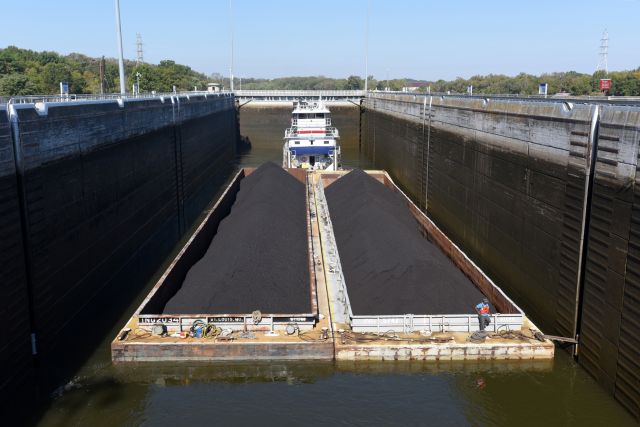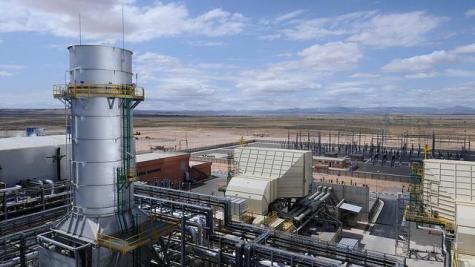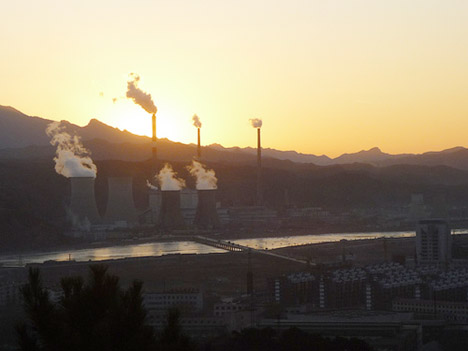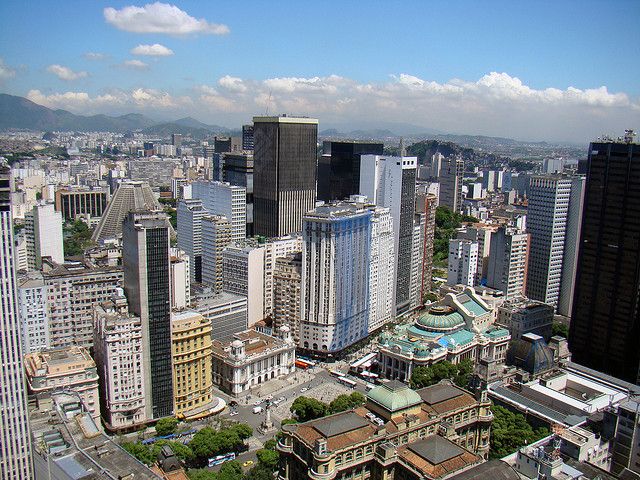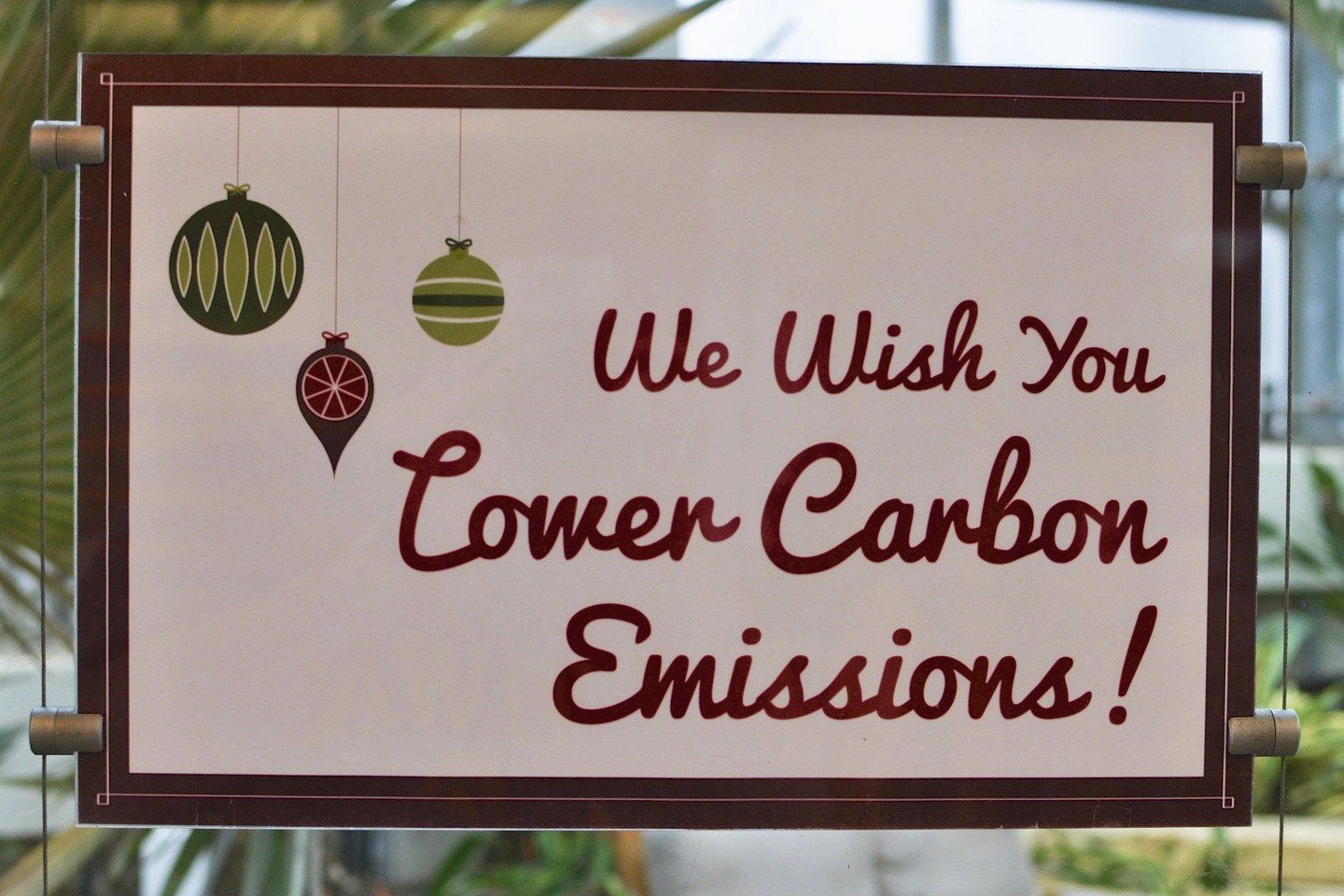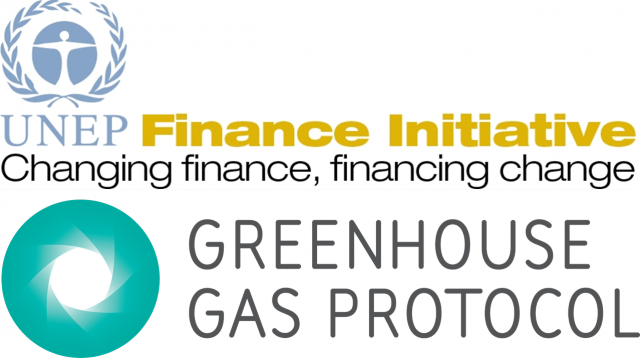Blog
Join World Resources Institute at the Climate Leadership Conference, March 20-22 in Baltimore
Join us March 20-22 in Baltimore to connect with the nation’s thought leaders and decision-makers at the 8th annual Climate Leadership Conference. WRI is co-hosting Scaling Collective Action: Best Practices for Setting and Achieving SBTs in the Value Chain workshop on Wednesday, March 20th from 9:00 – 10:30 am.
GLEC Framework: a universal method for logistics emissions accounting
This week, the Smart Freight Center released the GLEC Framework, a guide for shippers, carriers and logistics service providers on how to report emissions from logistics operations. It is meant to be used in conjunction with the Corporate Standard, and it has earned the “Built on GHG Protocol” mark for its compliance with GHG Protocol’s requirements.
Request for Proposals: NDC Implementation Tracking Tool
World Resources Institute (WRI) seeks qualified assistance to develop a user-friendly tool to track implementation and effects of climate actions. Interested vendors should be prepared to submit a full proposal by January 25th, 2019, with aim to deliver the full tool by June 2019.
The World Is Counting on Banks to Deliver Climate Finance. Counting Their Progress Is No Easy Feat.
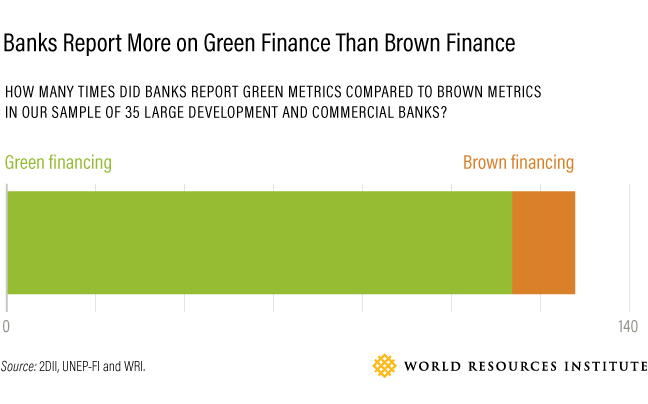 Banks are connected to every part of the economy through their investing and lending activities. That means they play a crucial role in financing the transition to a low-carbon economy. The financial sector is increasingly aware of the need to shift capital flows away from companies and activities that contribute to the climate problem and into climate solutions.
Banks are connected to every part of the economy through their investing and lending activities. That means they play a crucial role in financing the transition to a low-carbon economy. The financial sector is increasingly aware of the need to shift capital flows away from companies and activities that contribute to the climate problem and into climate solutions.
New Program Launched to Advance Local Climate Initiatives in Cities Worldwide
A new program to help advance local climate initiatives in cities worldwide was launched today. The City Climate Planner program is being led by the Green Business Certification Inc. (GBCI) and was created by The World Bank Group along with C40 Cities, ICLEI - Local Governments for Sustainability, and World Resources Institute through funding provided by the Korea Green Growth Trust Fund.
Boulder Achieves Five Percent Reduction in Community Greenhouse Gas Emissions
The City of Boulder achieved a 5.2 percent reduction in community greenhouse gas (GHG) emissions in 2015 as compared to a 2005 baseline, according to an analysis of the most recently available data. This progress occurred during a time of economic and population growth in the city, magnifying the reductions even more.
Announcement: Facilitated Course for Policymakers and Practitioners Now Available
Designed for policymakers and practitioners developing economy-wide or sector-specific GHG reporting programs, the course Designing MRV Systems for Entity-Level Greenhouse Gas Emissions is now accepting enrolees for a facilitated online course, to take place Nov. 13 - Dec. 4, 2017.
Accounting Amendment: NF3 now required in GHG inventories
The GHG Protocol has released an accounting amendment that requires NF3 to be included in GHG inventories under the Corporate Standard, Value Chain (Scope 3) Standard, and Product Standard.
RELEASE: Companies Can Now Credibly Report Emissions From Low-Carbon Electricity Purchases
Today the World Resources Institute unveiled new guidance for companies to measure greenhouse gas emissions from purchased electricity. The first major update to the GHG Protocol Corporate Accounting and Reporting Standard responds to the rapid growth of renewable energy and other major shifts in the electricity market.
Launch of GHG Calculation Tool for Chinese Power Plants
In partnership with China Electricity Council (CEC), WRI developed a greenhouse gas (GHG) calculation tool for Chinese coal-fired power plants.
Scope 3 Evaluator Now Available
The Greenhouse Gas Protocol and Quantis have joined forces to develop and launch the Scope 3 Evaluator - a free, web-based tool that allows users to make an initial, rough approximation of their full Scope 3 footprint, regardless of the size or type of organization. Read the full press release here.
Chengdu Shows How Cities Can Turn Climate Commitments into Action
Chengdu Development and Reform Commission developed its first greenhouse gas inventory in 2015 (based on 2010 data). This inventory revealed valuable insights about the sources of the city’s emissions.
Hundreds of Cities Poised to Replicate Rio’s Approach to Measuring and Reducing Emissions
Rio de Janeiro is one of the world’s leading cities injecting sustainability into its planning. In 2011, Mayor Eduardo Paes enacted an ambitious climate change law, setting a goal to avoid 20 percent of its emissions by 2020, based on 2005 levels. There was only one problem: The city wasn’t sure just how much it was emitting, or where its emissions were coming from.
Hitting the right target: Business carbon reporting gets tough
With the Paris Agreement having come into force this year, 12 months after it was agreed, it is more important than ever for businesses to understand, report on, and reduce their carbon emissions.
Rajkot one of 40 global cities to cut carbon emissions
Gujarat's 'solar city — Rajkot in Saurashtra — is being globally recognized as a case study for reducing carbon emissions. As per report by World Resources Institute (WRI), a US-based organization, presented at the UN Climate Change Conference in Peru, Rajkot will be able to reduce 14 per cent cent of its carbon dioxide emissions by 2016.
Greenhouse Gas Accounting: A Potential Tool for a Climate Smart Urban Development
With cities developing at a whirlwind pace, it's more urgent than ever to track the GHG emissions they are pumping into the atmosphere. In the August 2017 issue of TerraGreen, Aditi Phansalkar explores how frameworks including the Global Protocol for Community-Scale Greenhouse Gas Emission Inventories (GPC) are helping meet that challenge.
RELEASE: New Guidance Will Help Financial Institutions Measure Emissions from Lending and Investment Portfolios
Many financial institutions measure and report their own greenhouse gas emissions, but the real impact is in their value chains. To address this gap, the Greenhouse Gas Protocol and the United Nations Environment Programme Finance Initiative have begun developing guidance to help financial intermediaries assess the emissions from their lending and investments portfolios.
RELEASE: Launch of First Global Standard to Measure Greenhouse Gas Emissions from Cities
Today the World Resources Institute (WRI), C40 Cities Climate Leadership Group (C40) and ICLEI - Local Governments for Sustainability (ICLEI) launched the first widely endorsed standard for cities to measure and report their greenhouse gas (GHG) emissions at a COP20 event featuring mayors and officials from cities around the world.
Do We Need a Standard to Calculate “Avoided Emissions”?
By Laura Draucker - November 05, 2013
New Greenhouse Gas Accounting Tool Will Help China’s Cities Pursue Low-Carbon Development
Low-carbon development has become the core theme of China’s urbanization. In fact, it’s one of the country’s key strategies to achieve its target of reducing carbon intensity by 40-45 percent by 2020.




